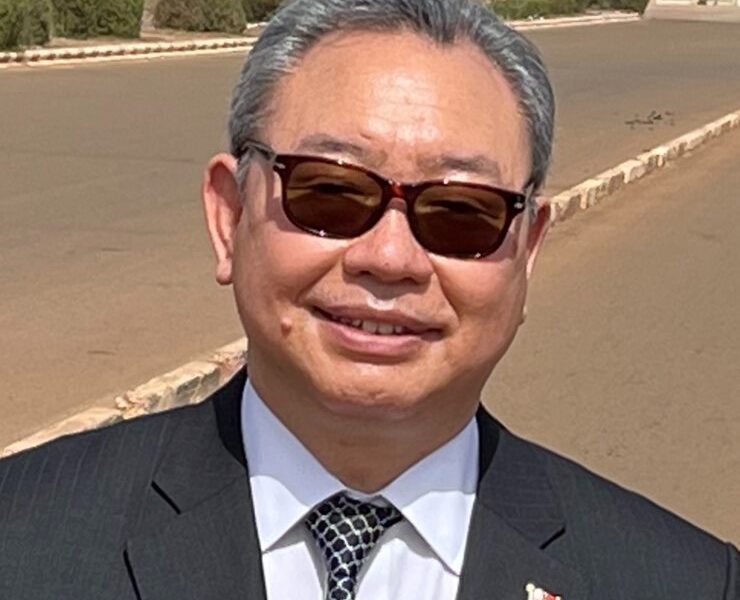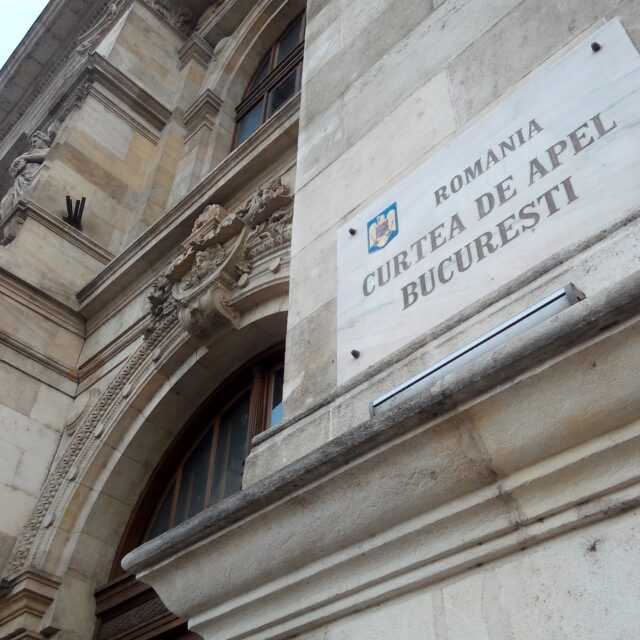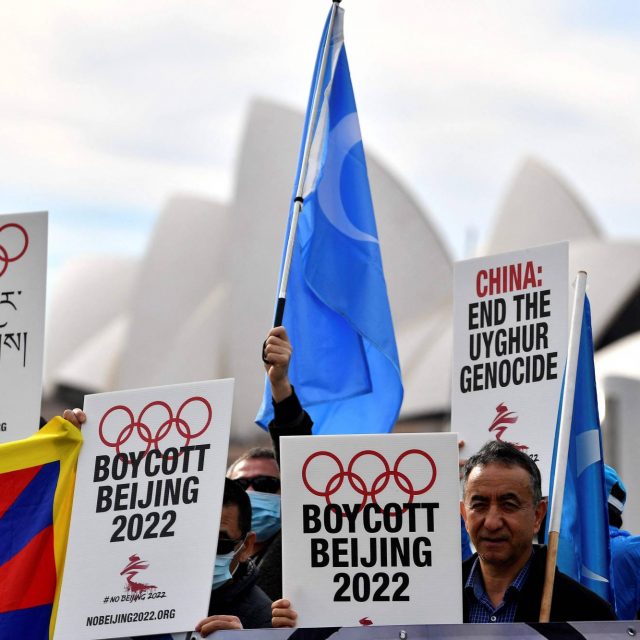October 2023 marks the 112th anniversary of the foundation of the Republic of China (Taiwan) and to celebrate Taiwan’s National Day it was my privilege to interview Taiwan’s new Head of Mission in Brussels, Mr Alexander Tah-ray Yui. Prior to his posting to Belgium, he was Taiwan’s Vice-Minister of Foreign Affairs.
Q) 2024 will be a year of political change, with elections in the US, the EU, U.K. and Taiwan. What will be the challenges for the people of Taiwan?
A) The most significant challenge for Taiwan in 2024 will be to navigate through a year of changes and uncertainties brought about by the shifting geopolitical landscape in Taiwan itself, along with in the United States and Europe.
On 13 January 2024, the Taiwanese electorate will choose their next President. We look forward to a vibrant expression of democracy in action. Of course, we are alert to the constant threat of widespread, targeted disinformation campaigns launched by the Chinese Communist Party (CCP), which seek to sow distrust and undermine the Taiwanese people’s faith in the democratic process. However, we have unwavering confidence in the resilience and maturity of Taiwanese democracy, and the strength of the combined state and civilian efforts to counter disinformation campaigns.
The CCP may intend to create the illusion that the election is a choice between war or peace but for the CCP who gets elected as President is irrelevant, because its ultimate goal to take over Taiwan will remain unchanged.
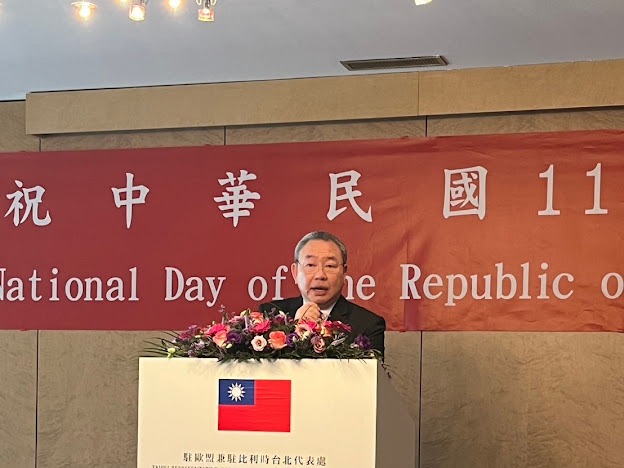
Q) What will be the priorities for your assignment in Brussels?
A) I will continue the on-going work laid out by my predecessors and do my best to promote pragmatic and substantive relationships with Belgium, Luxembourg and the European Union; as like-minded partners and believers in a rules-based world order, the mutually beneficial areas where we can cooperate are wide-ranging and ever-growing, and my role is to identify them and facilitate the exchanges.
Q) How do you see the future prospects for the development of trade and investment between the EU and Taiwan?
A) Taiwan and the EU share a very robust trade and investment relationship. The EU is our 4th largest trading partner. In 2022, bilateral trade in goods increased by 9.5% year-on-year to reach a record level of US$75 billion. Even compared to the year 2019 before the pandemic, the two-way trade in 2022 grew significantly by 42%.
The bilateral investment ties between the EU and Taiwan have continued to become closer. Today, the EU is the largest foreign direct investment (FDI) source in Taiwan. From 1952 to 2022, the total amount of FDI from the EU has amounted to US$54.96 billion. Given that Taiwan and the EU possess complementary industries and supply chains, the level of bilateral investment has been mounting in recent years, especially amid the green and digital transition era. From 2016 to 2022, Taiwanese investment in the EU has grown by 5.58 times as compared to those made from 2009 to 2015.
Taiwan’s investment performance in the EU has shone even brighter this year. Notably, we have seen ProLogium’s announcement that it will build a solid-state battery gigafactory in France, and TSMC’s announcement that it will invest in a semiconductor manufacturing plant in Germany. Similarly, the EU’s investments in Taiwan are also increasing. For example, Merck’s investment in a new Semiconductor Solutions Mega Site, ASML’s investment setting up a new plant in Taiwan, and EU renewable energy developers’ participation in developing Taiwan’s offshore wind farms. European and Taiwanese businesses are seizing new opportunities stemming from the twin green and digital transitions. We thus foresee more mutual investment and business cooperation between the two sides in the future.
We value the bilateral Taiwan-EU relationship. Both sides have already established comprehensive dialogue platforms, covering trade and investment, industrial policy as well as digital economy, export control, FDI screening, and semiconductors.
While bilateral investments are ongoing, we believe that establishing bilateral agreements and arrangements could serve as driving forces to facilitate even more investment. Such agreements or arrangements would send a clear signal to our businesses that we are ready and committed to strengthening bilateral ties, and would thus build up our businesses’ confidence to engage further. Taiwan is aware that we, together with the European Parliament, have long been urging for an EU-Taiwan BIA. While that is still our goal for the long term, we meanwhile hope to seek and explore other opportunities with the EU through a sectoral approach.
Q) As winter approaches we are seeing a seasonal increase in cases of influenza and covid in Europe. How can Europe better share with Taiwan common experiences with public health protection to keep both of our citizens safe?
A) Due to its geographical proximity, Taiwan has always been especially vigilant about the threat of infectious diseases from China. When the COVID-19 outbreak began in China in 2019, Taiwan’s health authorities were quick to raise their alertness. They implemented checks on tourists coming from China and began preparations to stockpile medical supplies, including medical protective clothing, gloves, and masks. As a result, Taiwan was able to respond effectively, avoiding the implementation of mass lockdowns and allowing daily life and economic activities to continue with minimal disruption.
In addition to the early and timely control of the outbreak, the introduction of COVID-19 vaccines and therapeutic drugs has been hugely effective in controlling the disease. However, the COVID-19 pandemic is not yet over, and the virus continues to evolve. The world must remain cautious in its response. Therefore, in anticipation of a resurgence of the virus this autumn and winter, vaccination remains the most important prevention and control method, and Taiwan is ready to partner with Europe.
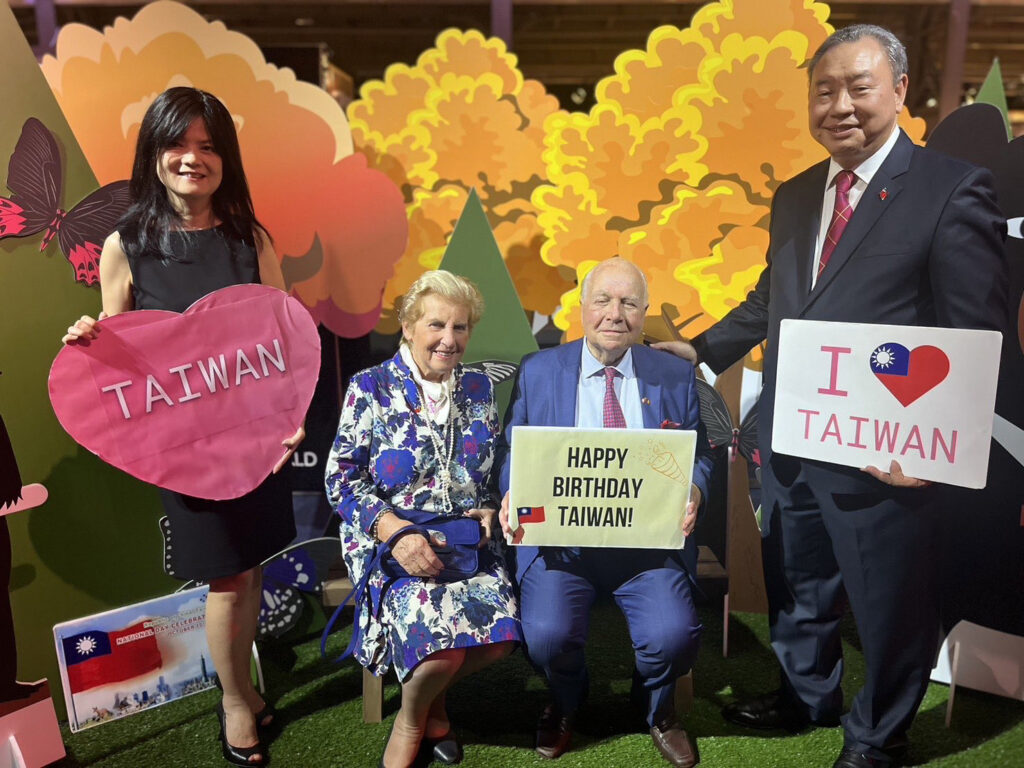
Q) Taiwan is a beacon of democracy in Asia. What can Europe do to support Taiwan and its international ambitions, and to keep that flame strong and burning bright?
A) Taiwan is on the frontline against authoritarian expansion. In the face of expanding authoritarianism, it is now more important than ever that we democracies stick together, and demonstrate our strength and unity. The world’s democracies must make these expansionist states understand that the cost of starting a war would be insurmountably high.
We have seen EU leaders openly and repeatedly emphasize the importance of peace and stability in the Taiwan Strait, and their opposition to any unilateral attempt to change, by force or coercion, the status quo in the Taiwan Strait. This is directly about our existence, and we are truly grateful for the support from the EU and its Member States.
It is also critical that our friends across the European continent continue to speak up in support of Taiwan’s international participation, including the United Nations system and its specialized agencies, such as the World Health Organization (WHO) and the UNFCCC, among others. Only the Taiwanese government can represent the interests of its 23.5 million citizens, all of whom are currently left voiceless on major international stages due to the ongoing unjust exclusion of Taiwan, as mainland China purposely distorts UN Resolution 2758 (XXVI), by falsely claiming it has already solved the question of the status of Taiwan on the international level by labeling it as a province of China, when in fact there is no mention of Taiwan at all in the entire context of Resolution 2758.

